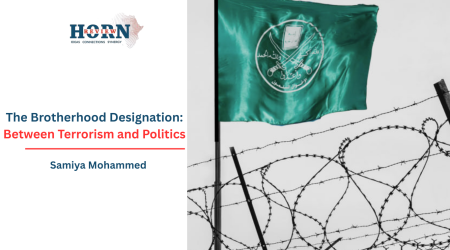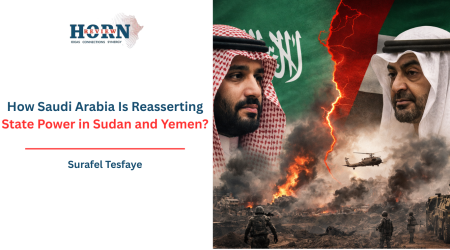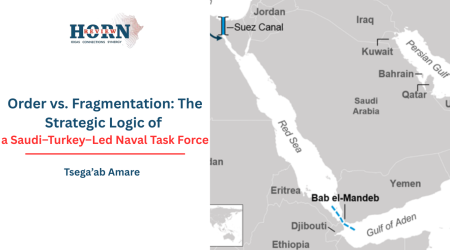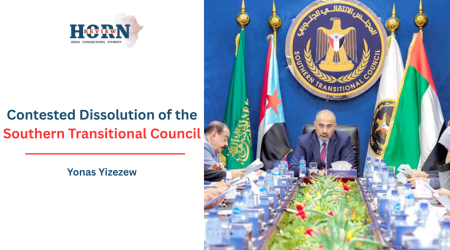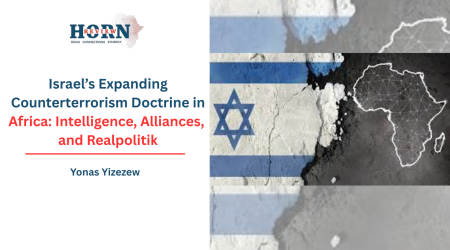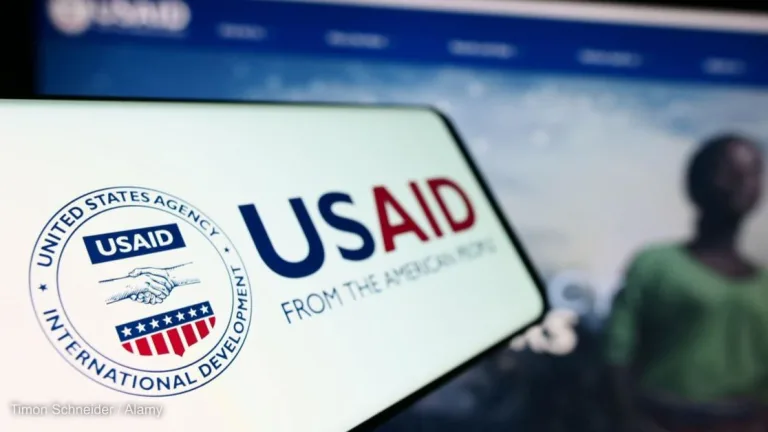
30
Jan
U.S. Humanitarian Aid Under Review: A Critical Balance Between Accountability and Life-Saving Assistance
The United States contributes about 40% of global humanitarian aid, a substantial role that demands transparency and accountability in its allocation. As the U.S. pauses and reviews its foreign aid programs, there are concerns about the impact on life-saving initiatives. Recently, Secretary of State Marco Rubio issued a waiver allowing critical humanitarian assistance to continue despite the suspension of most aid programs.
This decision underscores the U.S.’s commitment to ensuring that essential support, such as food, medical aid, and shelter, reaches those in urgent need, particularly in conflict zones and regions grappling with health crises. However, the aid freeze has disrupted several ongoing initiatives, leading to uncertainty among humanitarian organizations and recipients alike.
The United States’ humanitarian efforts have historically been a vital lifeline in many parts of the world, including programs like PEPFAR, which has been instrumental in providing HIV/AIDS treatment. The current freeze raises concerns about the continuity of such programs, which serve millions of people globally. While the waiver provides temporary relief for critical programs, it highlights the delicate balance between ensuring accountability and maintaining the U.S.’s leadership in global humanitarian aid.
As the review of U.S. foreign aid continues, it’s crucial to evaluate the broader implications for global health and stability, and how the U.S. can ensure its aid is both effective and aligned with its national interests. Maintaining this delicate balance will be key to sustaining U.S. influence and fulfilling its humanitarian commitments around the world.






